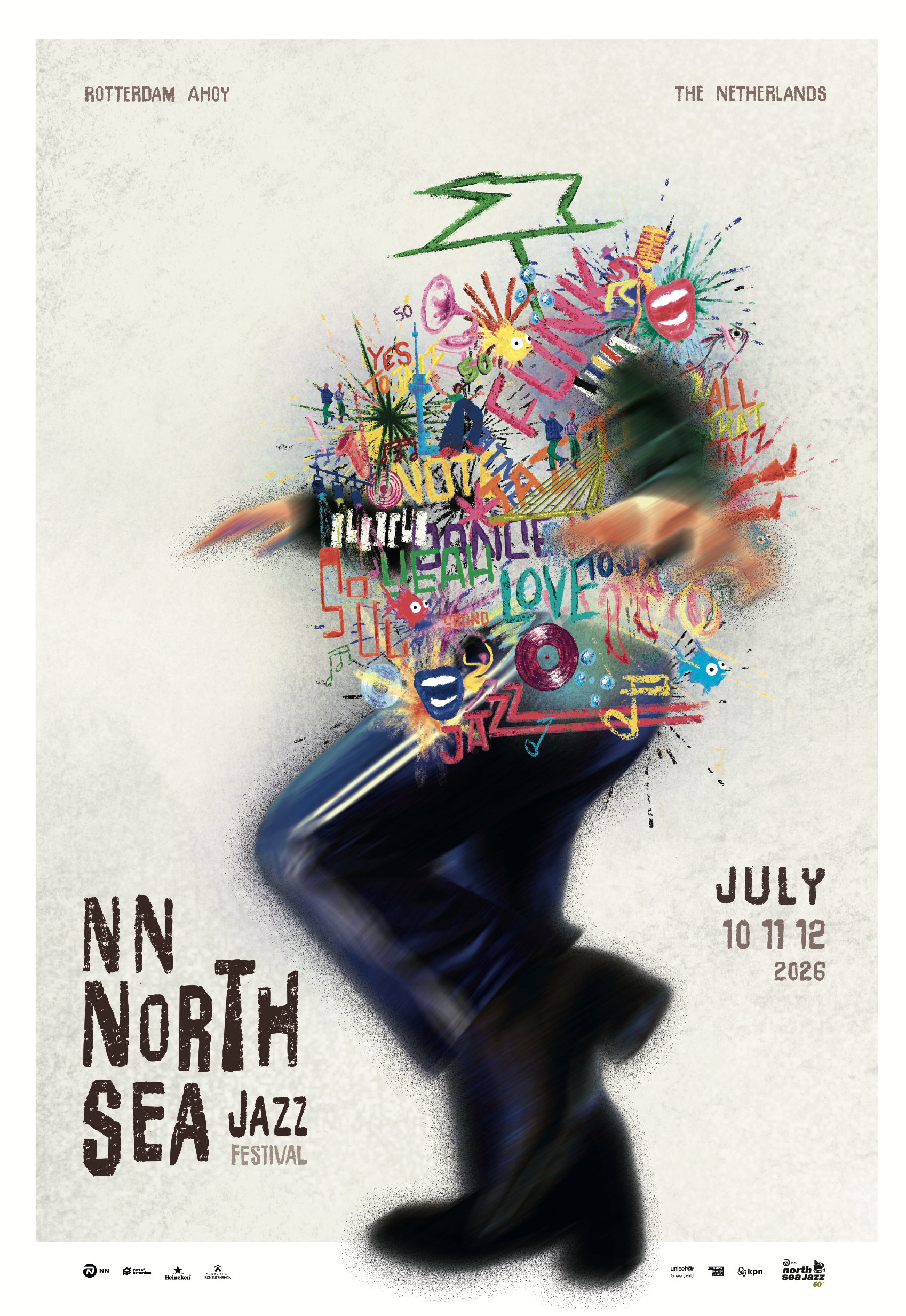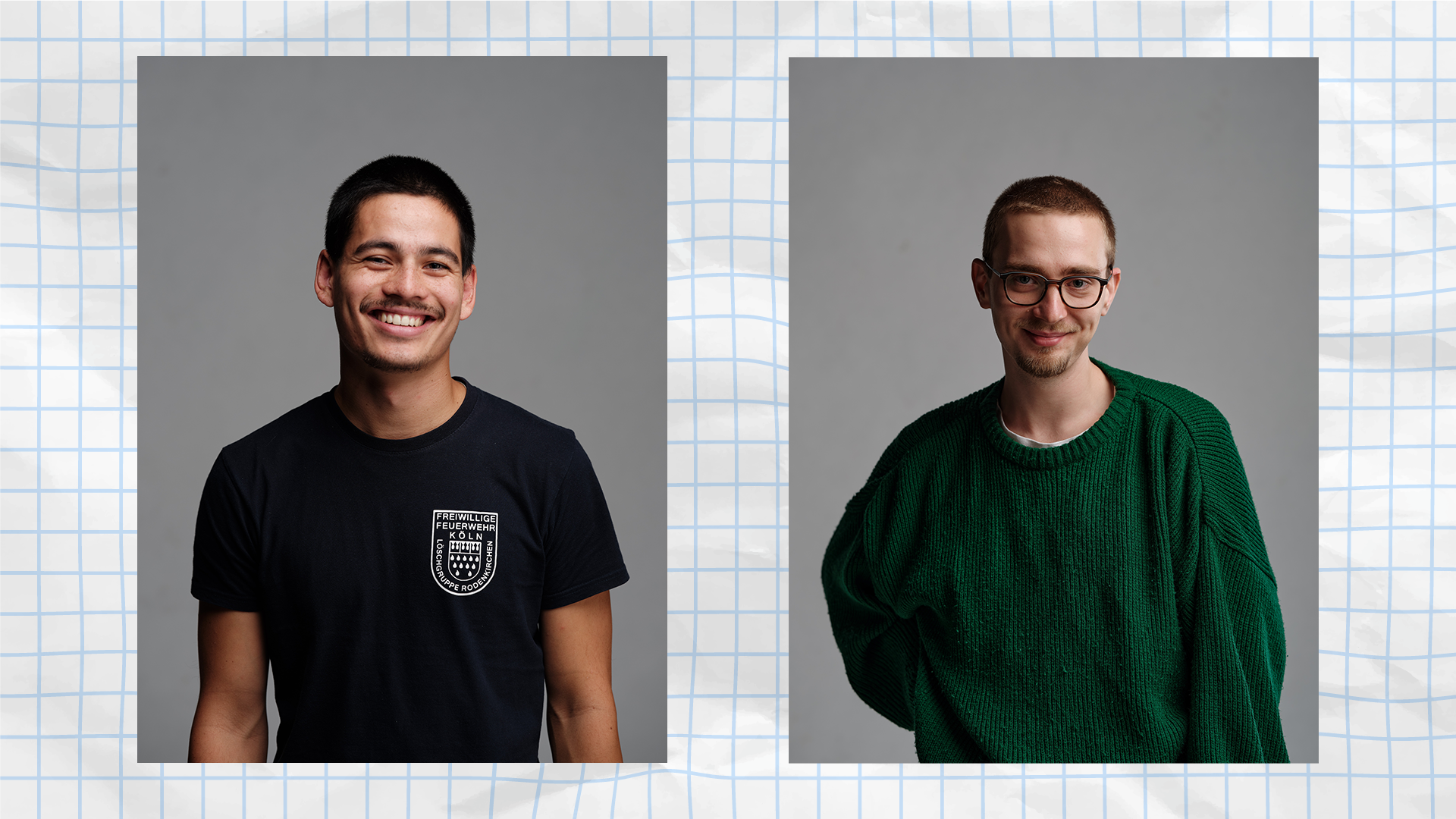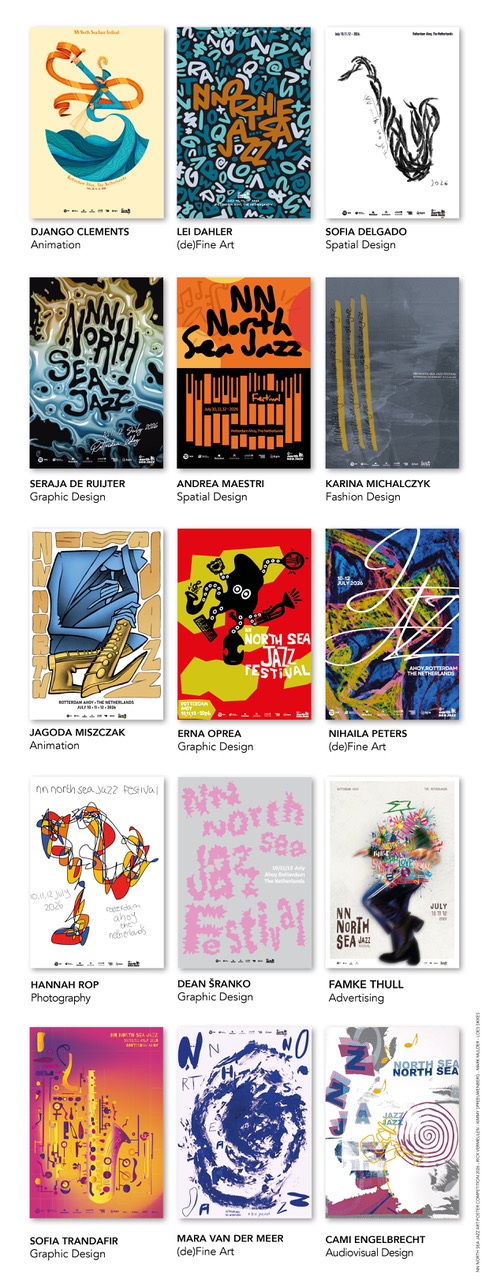Teacher Training in Fine Arts and Design / DBKV | Graduation Series 2025
For Vera Adriaanse (21), the dream of becoming a teacher began in childhood, but it was only through her years at WdKA that she discovered where education and visual culture truly meet. “I’ve always wanted to work in the creative field,” she says. “But I never expected to end up here, blending art education, research, and creative practice.”
Originally from Strijen, a small town in Hoeksche Waard, Vera entered the DBKV full-time programme with a clear goal: to teach. What she found was something more: an opportunity to explore the intersection of craft, pedagogy, perception, and the overlooked details of everyday life.
The Art of Noticing
Vera’s graduation project is centered on one deceptively simple question: how well do we actually observe the world around us?
It began with a moment in the classroom. While on placement at a secondary school in Oud-Beijerland, Vera asked students to draw the silhouette of a tree. “The first question I got was: ‘Can I use my laptop?’ even though there was a tree right outside the window.” That question sparked her concern. “I have nothing against digital references,” she explains, “but not looking at all? That’s a problem.”
From that point, Vera became fascinated by the concept of visual observation, or the lack of it. During her RASL minor, she turned her lens inward, discovering her own inattentiveness to the world beneath her feet. “I became obsessed with paving stones,” she laughs. “I started collecting, analyzing, noticing the tiniest cracks. It changed how I walked, literally.”
Observation as a Method
For her graduation project, Vera expanded the concept beyond personal fascination. In her current internship at the International Business School in Kralingse Zoom, she designed a workshop in which economics students chose an everyday object to observe over two months, mirroring her own process with the paving stones. “I wanted to know what their ‘obsession’ would be. What would they discover if they really paid attention?”
The results have been surprising. “Within the first two weeks, students were already noticing and creating in ways they hadn’t before. That sense of wonder, that’s what I do it for.”
Her second internship, at KITE Educatie, brought observation into the world of sound. Leading outdoor workshops for primary school children, she invited them to capture the noises of their surroundings. “They were amazed by things like the sound of a bush brushing against a fence. You realize how rarely we really listen.” At KITE, she will also test her educative concept that is focused on visual observation.
Vera believes that observational skills are underdeveloped in many people yet essential, not just in art, but across disciplines. “Economics students, for instance, are often very analytical. But when it comes to creativity, thinking out of the box, or simply noticing what’s around them, they can get stuck. Observation helps shift that mindset.”
Her research combines psychology, pedagogy, and art. Initially, she developed a concept for an installation using screens to simulate window views, but it felt too anti-digital, and that wasn’t her point. “Now I’m exploring the use of physical frames. When you put a literal frame around something, people stop and really look. It’s powerful. Maybe I’ll make a whole series of those.”
A Journey of Growth
Graduating with honours this year, Vera is the first DBKV student to do so. Her honours track focused on knowledge creation and transdisciplinary research, challenging her to contribute original insights to education through both theory and practice.
But it hasn’t always been easy. “The broadness of my topic sometimes overwhelms me, visual observation, sound, psychological theory… It’s a lot to hold together. I’m still refining my research question.”
WdKA, she says, gave her the freedom to grow. “I came in very shy. I didn’t dare speak up or stand in front of a class. Now I approach people easily. I make connections. That’s thanks to the safety of our classroom environment, and the many internships that pushed me out of my comfort zone.” The academic theory was familiar ground for Vera, but it was the push to start making that helped her balance her skills. “Theory was always my comfort zone. But here, I learned how important it is to create as well.”
What Comes Next
After graduation, Vera is taking a gap year - or possibly more - with the aim of personal growth and travel. She wants to explore new environments, gain life experience, and take time to reflect before committing to her next steps.
Eventually, Vera plans to pursue a professional training in plaster restoration. “During my exchange in Lithuania, I spoke with a teacher who restored sculptures. We talked a lot about antiquity and hands-on processes. That’s when I discovered restoration stucco work. It combines research and craftsmanship, which is exactly what I love.” Her long-term goal is to follow a master-level programme in the field, alongside part-time work in educational project and game development.
In the future, she envisions a blended career: developing creative learning tools - possibly game-based - while also working as a restorer. “I want to make art accessible, especially for young people. Learning through play is so powerful.”
Advice to Future Students
“Grab every opportunity,” Vera says with a smile. “Use the stations. Try different internships. Discover as much as you can. You can always focus later.”


